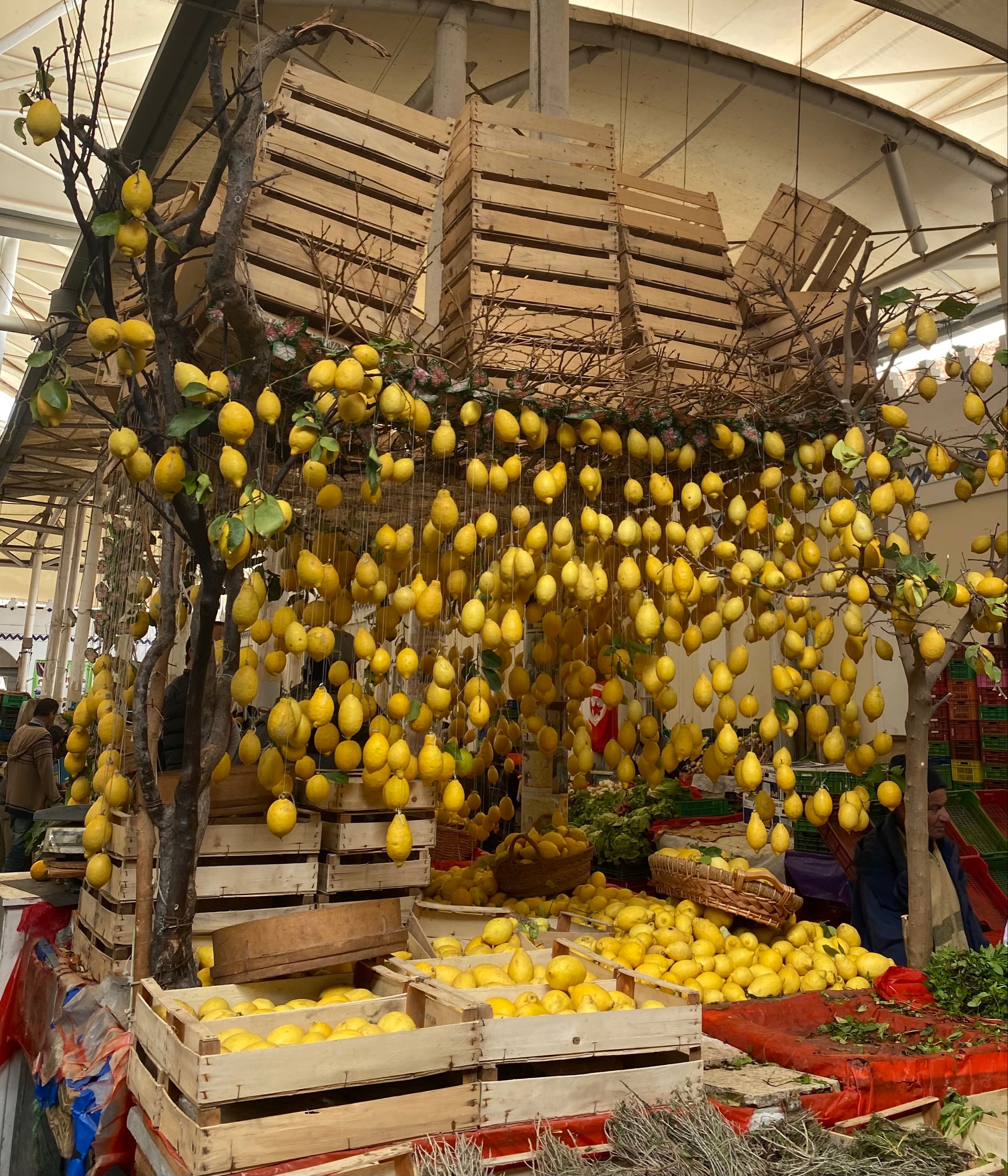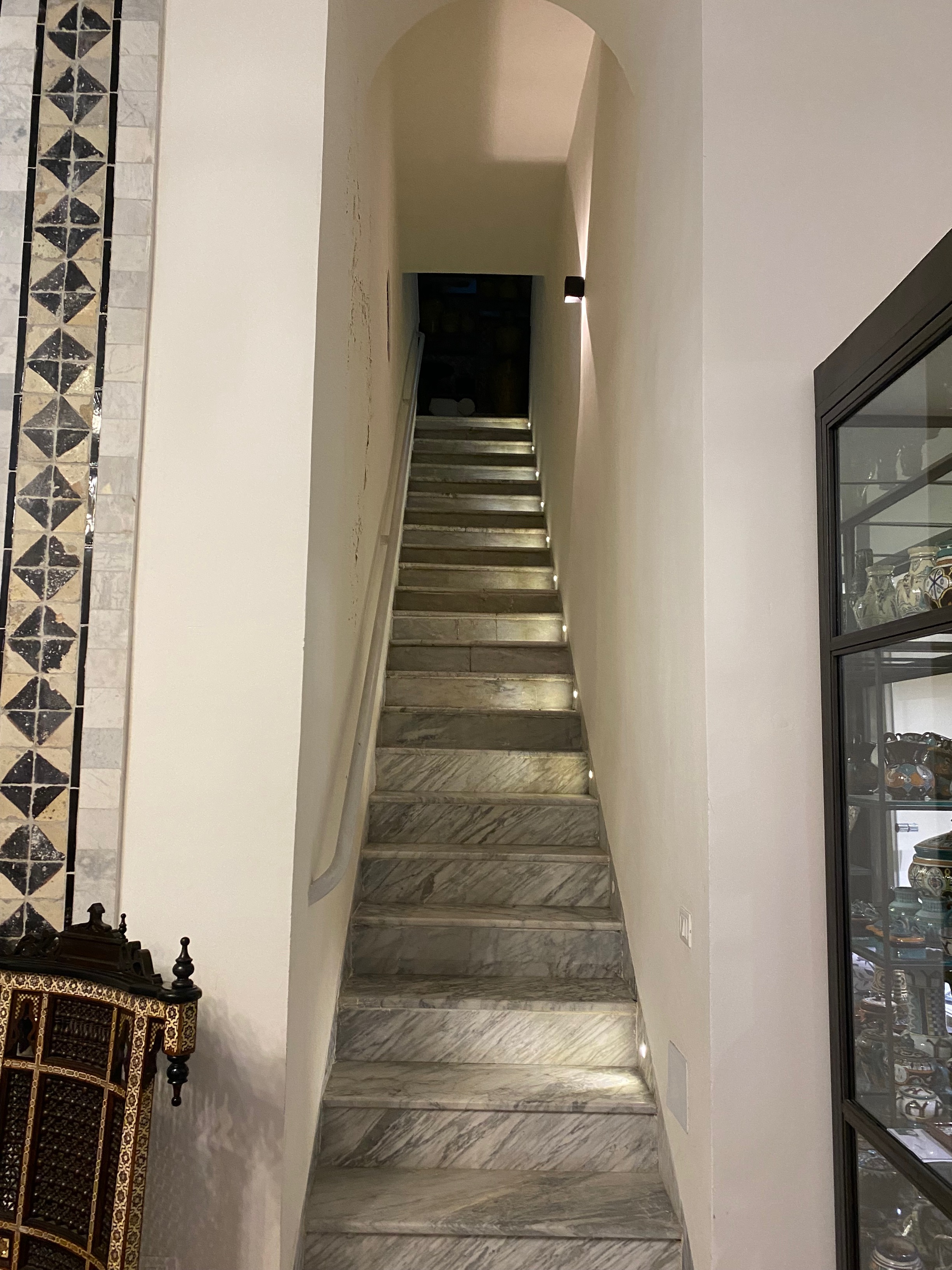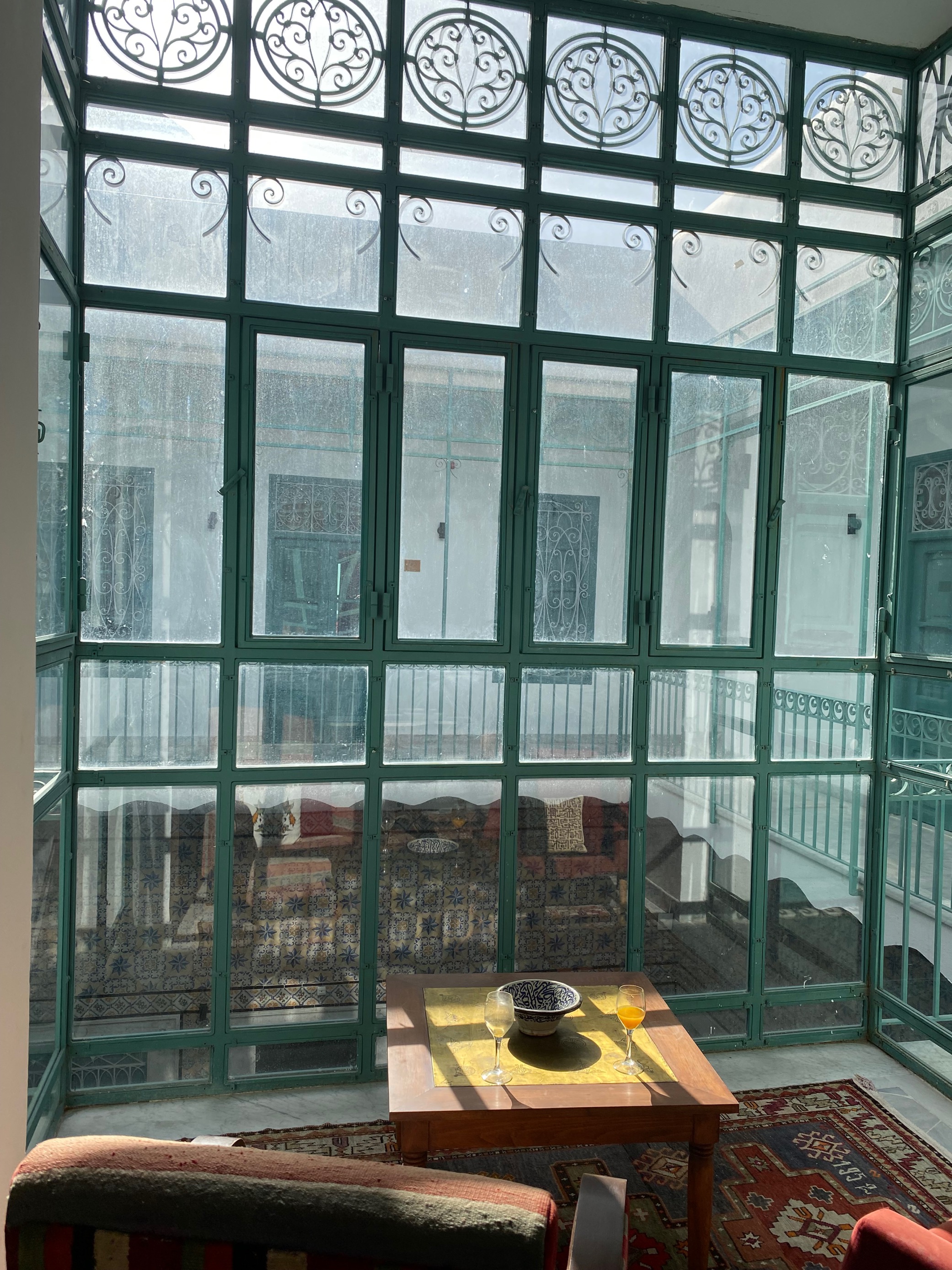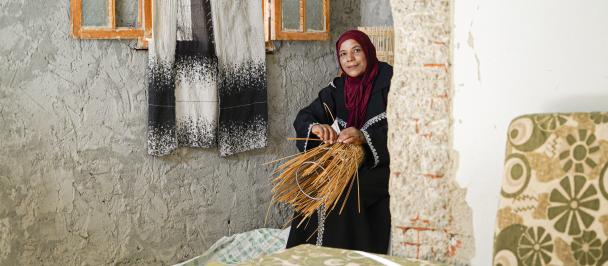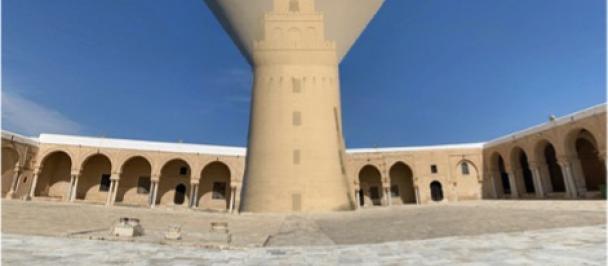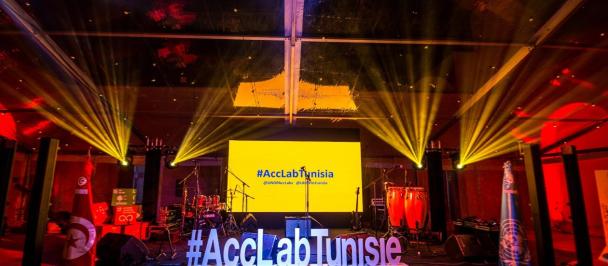Written by : Sahar Ferchichi, intern accelerator lab
Exploring the optimization of waste management in Beni Khalled
31 mai 2022
On a sunny February morning, I went on my first field mission. No, I didn’t have to trade my go-to black “combat” boots for sneakers and put on what my fellow intern Nikola at the United Nations Development Programme (UNDP) described as the ethnographer’s signature cap to investigate a population sample, agenda and pencil in hand observing and taking notes.
When I first started at UNDP early February, my supervisor Nadia, Head of Exploration, introduced me as the Accelerator Lab’s ethnographer and I felt I had to live up to the role from the very beginning of my internship adventure. On my first day at UNDP Tunisia, she greeted me with smiley eyes and expressed how happy she was that I joined. “You might go to Beni Khalled this week for a fieldwork mission”, she said. At that moment I thought I shall retrieve all fieldwork-related literature from my dusty hard drive to remember the basics: extensive background research, key informants, first contact, break the ice, posture, questionnaire design, follow-ups, …etc.
So when Nikola gave me his perception of what an ethnographer looks like/does, I debunked the ethnographer’s attire and tasks myth by giving a real-life example of my experience as a sociolinguistics graduate. “Just wear your usual everyday clothes and immerse yourself into the community you are seeking to better understand”, I explained reminiscing my fieldwork days at the Greek Orthodox Church of Tunis for my Master’s thesis.
So off I went to the Medina, old town of Tunis for a mini mission on my third week at the Accelerator Lab, to conduct an interview with our key stakeholder Leila Ben Gacem, as part of our work on waste management. Leila is one of Beni Khalled’s elected municipal council members, a business woman and social entrepreneur.
I relied on Google maps for directions to guide me through the Medina’s cobbled streets. Did I reach my destination on time without panting through a smooth-sailing interaction with my screen? No. I remember whooshing past the guest house on one of our “let’s get lost in the Medina” expeditions with my brother, who’s a Medina aficionado like myself. But my memory did not serve me well and nor did google maps. That’s not to say that Geographic Information System (GIS) technologies are totally useless. This is actually an introductory piece on the efficiency of GIS for optimized waste management in the municipality of Beni Khalled.
After almost 15 minutes of countless back and forths and pleas to passerbys, I resorted to calling Leila to apologize for the delay and ask for simplified directions.
Apology accepted, where are you she nicely and calmly asked? I’m pretty sure I performed a 360 degree twirl desperately looking for a plaque with any street name engraved on it. There! Rue du Pacha! Perfect, you’re almost there, ask for Rue du Pacha’s High school then you’ll find us.
I kept walking as instructed and finally reached my destination. I stood put before Dar Ben Gacem Kahia’s door to stabilize my heart rate, and then rang the doorbell. A gentleman hastily greeted me when I introduced myself and told me Leila was waiting for me in her study upstairs. I climbed the stairs, restabilized my heart rate, and knocked on a narrow pastel blue door and entered. I found Leila ensconced in front of her small desk writing on her keyboard.
In October 2021, UNDP partnered with the Municipality of Beni Khalled to look at opportunities for optimizing waste collection routes using GIS and citizen data.
A geographic information system (GIS) was set-up through real-time collected data to obtain a navigable database. With GPS devices installed on waste collection trucks, the municipality is looking to optimize their collection routes. This will allow for more efficient waste management, the reduction of costs and the improvement of the quality of municipal service for citizens.
Similar projects have been carried out in different quarters of the Sfax governorate (Kallel et al., 2016[1]; Sallem et al., 2021[2]), where waste management woes have made headlines on numerous occasions over the past years.
The Lab’s initiative is two-fold. Besides the municipal involvement, Beni Khalled citizens are also taking part. Last March, a participatory app was launched in a bid to encourage citizens to report incidents (e.g., uncollected garbage, dysfunctional lamps,etc.) and to send updated information to the municipality.
The Lab strives to evaluate the project’s social impact at the level of the municipality’s management, technical staff, and Beni Khalled’s citizens. The experiment also aims at learning about waste management mechanisms as well as citizen trust and participation paradigms at the local level. For Leila, what would foster citizen trust and participation is full transparency on the municipality’s end.
She firmly believes in the initiative’s impact and that citizens’ participation and inclusion will bring a shift in accountability, meaning they will start feeling more responsible for waste management.
Citizens feel that as long as they are paying their taxes, it is the municipality's prime responsibility to keep their neighborhoods clean and harmonious, a typical service provision paradigm. If citizens are fully involved in creating information on waste management and see that their insights change the quality of planning and implementing WM in Beni Khalled, they will feel more accountable for improving the system at the local level.
This was the first of a line of interviews with our Beni Khalled stakeholders to understand how this project impacts decision-making processes at the local level with the use of real-time and citizen-produced data.
Upon visualising the geographical data of Beni Khalled on the mapping platform, municipal members were stunned by the wealth of the data generated. For example, as they discovered that more than 50% of Beni Khalled’s roads are unnamed, they showed great enthusiasm to implement a road-naming project. This is one of the reasons why Leila praised the power of data and the need to put it to good use and she spontaneously pitched another project idea: the identification of the percentage of occupied sidewalks by cafés and restaurants.
She added that because waste management has been on the municipality’s agenda for years, it is time to shift the focus towards other current issues and capitalize on GIS to set up a route for “barbécha” (ragmen).
As the town of Beni Khalled is ridden with citrus waste because of excess production, her ultimate dream project would be to implement municipal composting. And while we were comfortably seated, an employee (the gentleman who answered the door) served us freshly pressed orange juice. I forgot to ask about the origin of the oranges but I’m sure they’re from Leila’s beloved hometown Beni Khalled.
We will be interviewing more members of the municipality and citizens of Beni Khalled to gather insights on change in attitudes, abilities and behaviors and its potential to improve the optimisation of garbage collection. Stay tuned for more !
[1] https://www.hindawi.com/journals/je/2016/4596849/
[2] https://link.springer.com/article/10.1007/s12517-021-07265-

 Locations
Locations